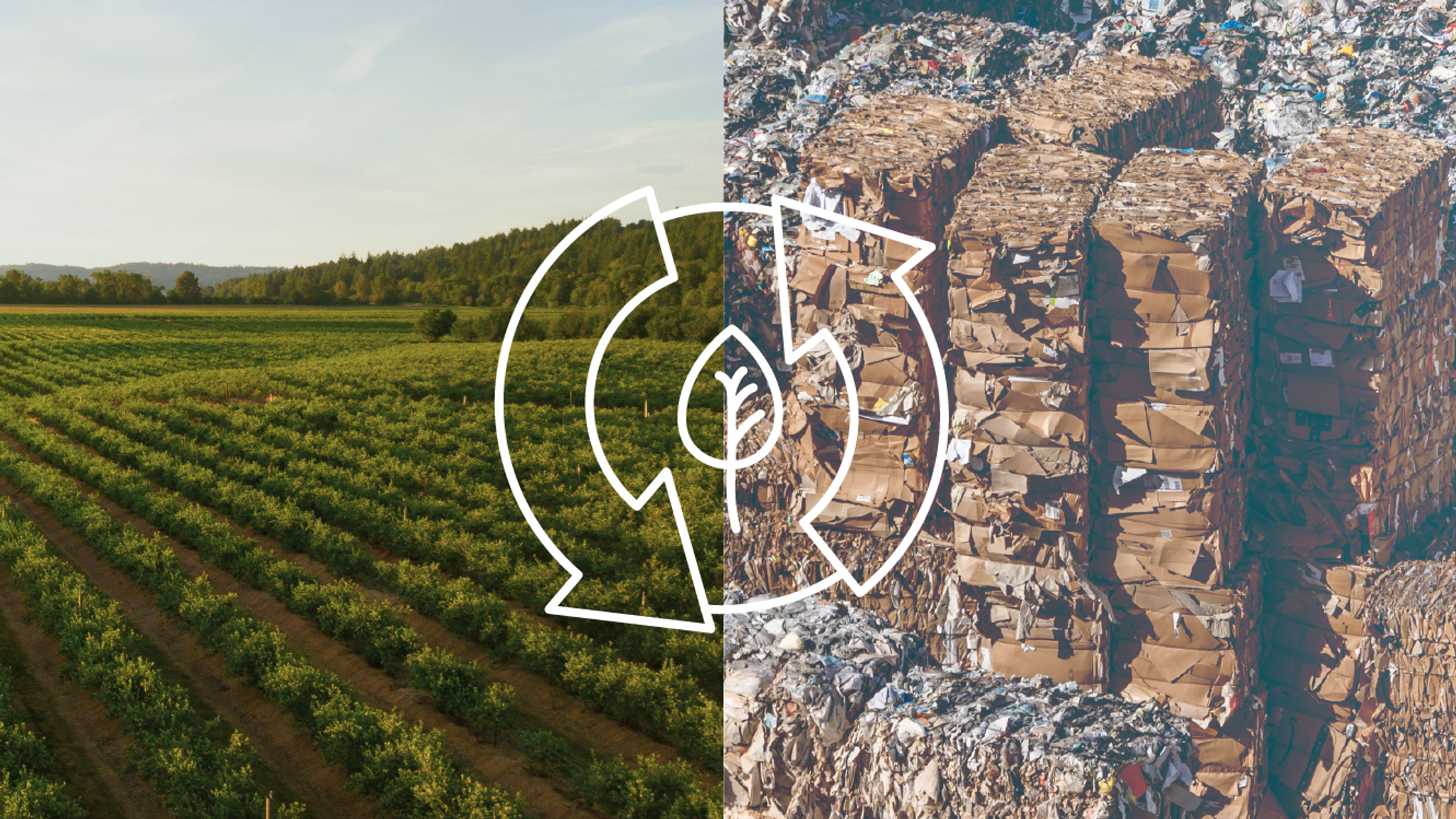Why you should be excited about Food Innovation
Anna Barlow
Published on

Part 1: Circular Economy
Startup innovations in the food space in the 12 months since COVID-19 have exploded, with many startups focusing on the eCommerce and home delivery space. Many of these startups are designed to enable consumers confined to their homes to access their favourite restaurants, boutique grocery stores, including ensuring nothing goes to waste through social enterprises focussing on eliminating food waste and feeding those that need a little help. A search on Crunchbase.com uncovered 325 new startups linked to "FOOD" in the last 12 months since mid-March 2020 - this has already attracted over $55M in seed investment.
Opportunities for innovation within food span the entire supply chain and cover all three innovation horizons:
- Horizon 1: solving today’s pains with technologies that unlock efficiency
- Horizon 2: developing adjacencies or solving challenges to existing products and services
- Horizon 3: completely new disruptive business models.
In March, we launched our Food Innovation industry facing workshops designed to identify the biggest problems, challenges and opportunities food businesses in Australia are facing. Attended by over 20 different organisations representing startups, SMEs, multinationals, government and research sectors, each workshop focused on different opportunity areas, beginning with Circular Economy (which we'll discuss here) followed by Fermented Food & Beverage, Food Tech Advances and finishing with Functional Foods. Those articles will follow over the coming months.
Circular Economy & Food
Food waste presents a significant threat to achieving zero net emissions. The Australian National Food Waste Baseline study showed that Australians generate 7.3 million metric tonnes of food waste per year. Almost 90% of this is generated across three areas: primary production, food processing and in the home.
Food waste is also responsible for 3 million tonnes of CO2 emissions - equal to a year’s worth of emissions from one million cars (about one-quarter of all registered cars on Victorian roads)
Thankfully, 76% of Victorians are motivated to reduce their food waste, but many don’t know how. Therefore, innovations are urgently needed to facilitate the change towards a more circular food system.
For startups and for larger businesses, this is not an easy road. Our food innovation workshop on Circular Economy revealed the pains, challenges as well as opportunities facing Australian businesses when dealing with their waste.
Horizon 1
Different levels of the food supply chain have different waste management pains. From production, through logistics, to processing and consumption, below are the pains.
Production
For some products, it's easy to deal with waste at the source (farm). For others, it's a nightmare. This is especially true for fruits and vegetables that are susceptible to rot or fungus, e.g. strawberries and apples. For these products, you have to find a way to deal with the waste quickly. On the other hand, carrots can be dealt with by digging back into the ground, hence easier to manage waste.
Logistics
Logistics chains transport primary processed foodstuffs and waste to where it will be converted. Time, distance, borders & traceability are the main problems at this level. Products change as they move from point A to B. The longer the process takes, the more the change and the higher the spoilage, hence more waste.
There are also issues with crossing state borders, cold chain logistics, shipment delays and transferring between providers. Logistics customers and transporters need new ways to understand where shipments are and to ensure products remain in optimal condition throughout the journey.
Processing
Problems with processing and manufacturing are associated with identifying and designing out the waste. The technology used to process food plays a vital role in determining pain intensity at this level. Advanced technology is needed to ensure efficient manufacturing processes resulting in less wastage.
Consumer-level
Many consumers lack an understanding of what to do with waste and whether they can safely consume food that has exceeded Best Before dates. Differing council guidelines for food waste within cities and states also lead to confusion, making food waste management painful for consumers. There are clearly opportunities for technology and educational or behavioural solutions that simplify consumer decision making.
Horizon 2
The BIG Challenge here comes in reframing the waste value proposition with consumers, i.e. How can we:
- Make Food Waste a priority with consumers?
- Encourage new behaviours and create different relationships with waste?
- Educate consumers and retailers on doing better?
- Valorise waste as a viable input into new value-added foods?
Horizon 3
With challenges come disruptive opportunities. Below are some ideas that could solve the above problems.
Technological Innovation Opportunities
- Tools and Equipment for on-farm regenerative agricultural waste management, especially with produce prone to fast spoilage
- Application systems for food surplus and by-product collection, donation/redistribution, and valorisation
- Recycling of food waste into high-value food and non-food products
- Zero-waste restaurants
- Personalised and customisable food products to minimise waste.
Wrap Up
The circular economy offers many opportunities to leverage technology and innovate. Significant state and national government support is being directed to assist businesses to address the food industry's challenges with waste.
In a fiercely competitive world, food companies are looking for ways to process healthy, nutritious food that is not only enticing and exciting but also sustainable. Apart from the fact that we need food to live, we also need to find ways to deal with the waste that comes from production of this food. It is certainly an area filled with opportunities for startup innovation.
If you are a startup, SME or corporate interested in learning more about our FoodTech Innovation programme please reach out to Anna (Partner- Food Innovation) at anna@startupbootcamp.com.au.
